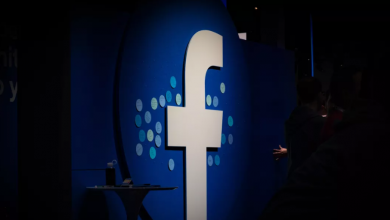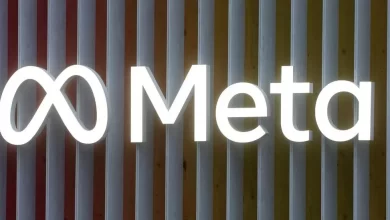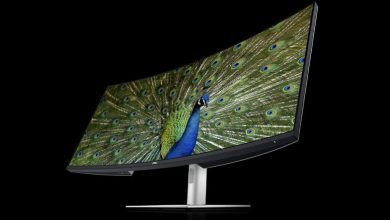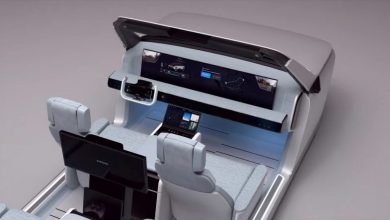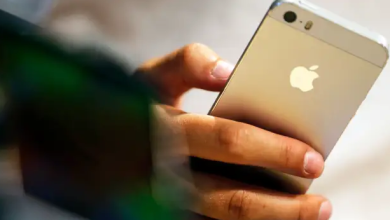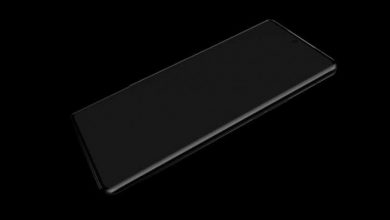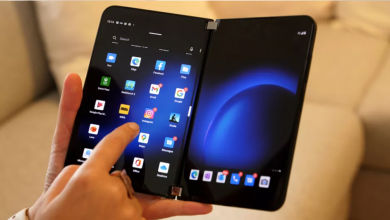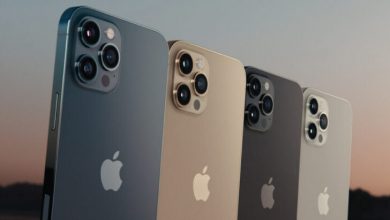Apple Loses Copyright Lawsuit Against Corellium, Offering Virtual iOS Experience
Apple filed a copyright lawsuit against Corellium, which offered a virtual iOS operating system experience, in 2019. In the court that was concluded recently, Apple was found unfair and the case was rejected.
Apple filed a lawsuit against a company called Corellium in 2019. The justification of the lawsuit was cited as infringing on Apple’s copyrights by allowing Corellium to run the iOS operating system through the browser. Apple also claimed that Apple sales were negatively affected by Corellium’s service to users.
This lawsuit filed by Apple has been concluded recently. The court found Apple unfair, stating that Corellium’s use of Apple codes was fair. For this reason, copyright infringement charges were denied. Another lawsuit that Apple filed against Corellium was postponed to a later date.
Thanks to the virtual iOS service, vulnerabilities can be detected more easily
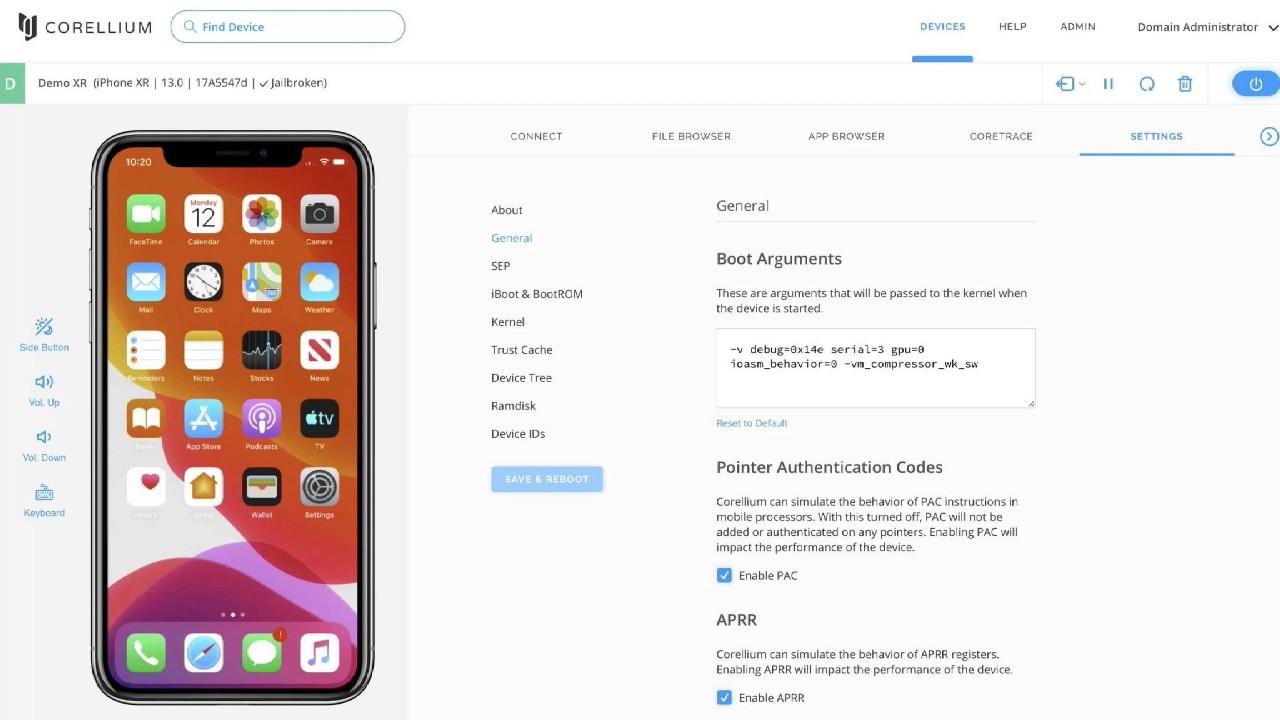
Corellium is a company that offers users iOS simulation. With this feature, users can access the iOS operating system via any browser. Thanks to this service, which is especially used by security researchers, some security vulnerabilities in iOS can be detected more easily.
Apple, of course, was not very happy with the emergence of the vulnerabilities in iOS, and last year it filed two different lawsuits against Corellium. The first lawsuit was filed on the grounds that the iOS simulation developed by Corellium violated Apple copyrights. The second case was brought on charges of Corellium violating the Digital Millennium Copyright Act, a law in force in the US. The first lawsuit filed has recently been concluded.
It is stated that the service provided by Corellium is for the public benefit.
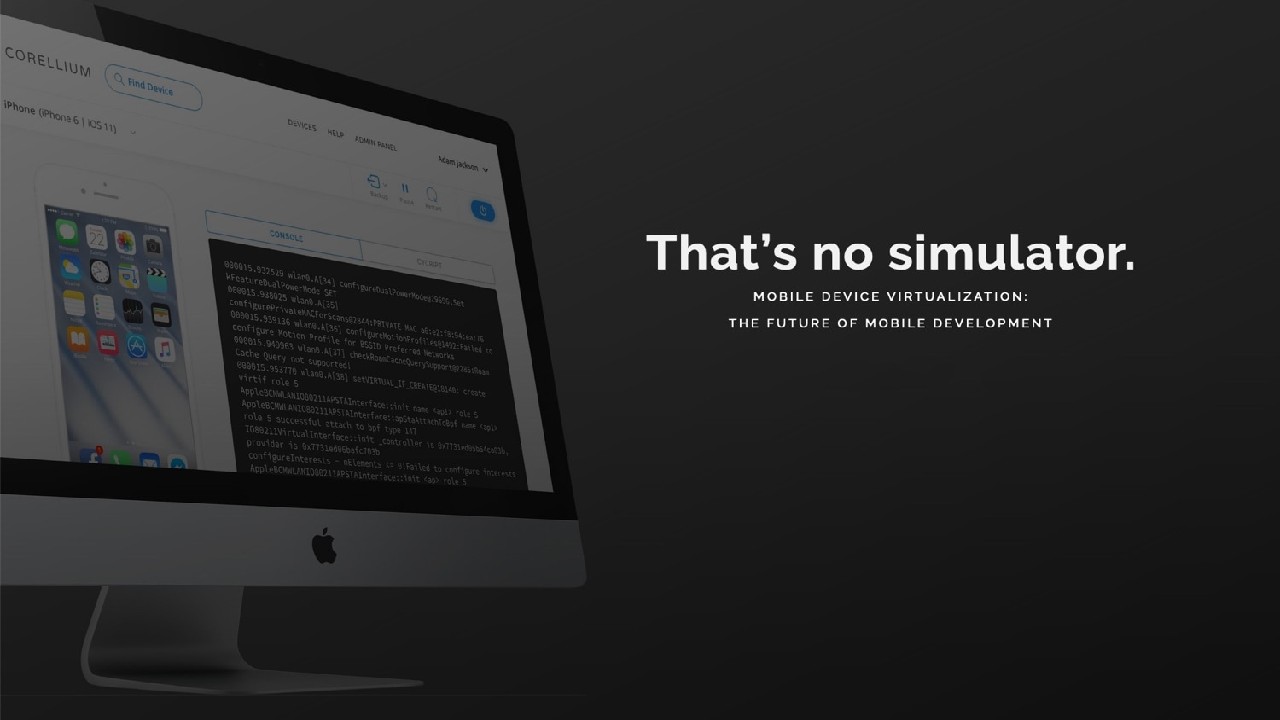
The court found it extremely fair that Collerium made changes to the iOS operating system using its own source code and released a new product. Stating that this service offered to users is in the public interest, the court announced that Apple’s copyrights were not violated and the case was rejected.
In a lawsuit against the Digital Millennium Copyright Act, Apple said Corellium violated the authentication server and security boot standards, which was against the Digital Millennium Copyright Act. The court adjourned the trial to a later date, claiming that there was insufficient evidence to drop the charges.
